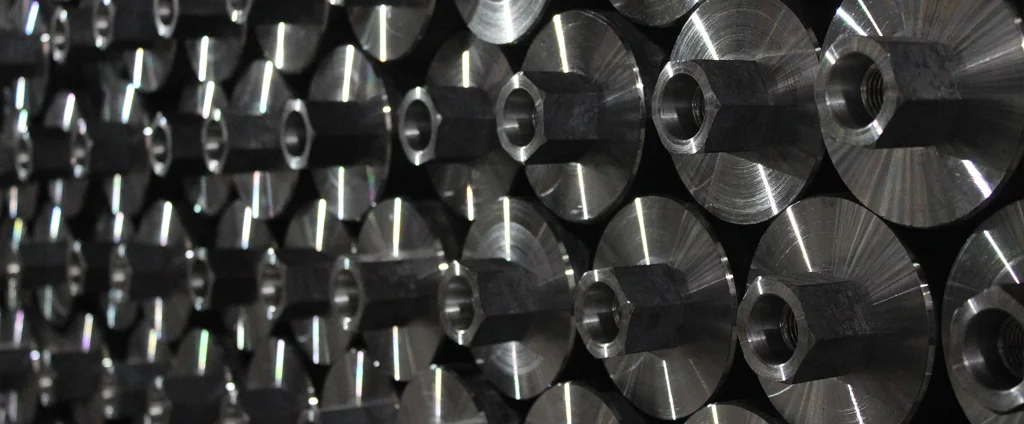SAE/AISI 5130 Alloy Steel (UNS G51300)

SAE/AISI 5130 is a chromium-alloy steel recognized for its excellent hardenability, moderate tensile strength, and good toughness. Commonly applied in automotive and industrial manufacturing, this steel alloy is valued for its versatility, cost-effectiveness, and suitability for heat treatment processes that enhance performance in demanding environments.
| Chemical Composition | ||
|---|---|---|
| Element | Min | Max |
| Iron | 97.29% | 98.07% |
| Carbon | 0.28% | 0.33% |
| Chromium | 0.80% | 1.10% |
| Manganese | 0.70% | 0.90% |
| Phosphorous | —— | 0.035% |
| Silicon | 0.15% | 0.30% |
| Sulfur | —— | 0.04% |
The following table provides a list of SAE/AISI 5130 properties in both SI and US customary/Imperial units.
Click on the button to switch between Metric and Imperial units.
| Physical Properties | Metric |
|---|---|
| Density | 7830 kg/m3 |
| Mechanical Properties | Metric |
| Young’s Modulus (E) | 190 - 210 GPa |
| Bulk Modulus (K) | 140 GPa |
| Shear Modulus (G) | 80 GPa |
| Poisson’s Ratio (ν) | 0.27 - 0.30 |
| Brinell Hardness (annealed) | ≤ 170 |
| Brinell Hardness (normalized) | ≤ 241 |
| Thermal Properties | Metric |
| Thermal Conductivity | 46.6 W/m·K |
| Specific Heat Capacity (Cp) | 470 J/kg·K |
| Coefficient of Thermal Expansion (αL) | 1.15×10-5 1/°C |
| Electrical Properties | Metric |
| Electrical Conductivity | 4.18×106 S/m |
| Electrical Resistivity | 2.4×10-7 Ω·m |
The values in this table are approximate and can vary depending on various factors such as the specific manufacturing process and heat treatment applied to the alloy.
Advantages & Disadvantages of 5130 Alloy Steel
| Advantages | Disadvantages |
|---|---|
| Good strength and toughness | Limited corrosion resistance |
| Excellent hardenability | Lower wear resistance compared to some alloys |
| Cost-effective compared to some higher-alloy steels | Not suitable for applications requiring high temperatures |
| Versatile and widely available |
Applications of 5130 Alloy Steel
AISI 5130 steel finds its applications in various industries where a combination of strength, toughness, and wear resistance is required. Key applications include:
- Automotive Components: Used in the manufacturing of gears, shafts, axles, and crankshafts.
- Machinery Parts: Its moderate strength and excellent hardenability make it suitable for components like camshafts, connecting rods, and fasteners.
- Forgings: Often employed in forging processes due to its ability to be heat treated for desirable mechanical properties, allowing the creation of complex shapes and structures.
- Structural Applications: Applied in construction equipment, cranes, and other heavy machinery where strength and toughness are required.
- Tools and Dies: Its toughness and wear resistance support applications involving repeated impact and wear such as cutting, forming, and stamping tools.
- General Engineering Components: Used for bolts, nuts, pins, and bushings where an affordable, readily available material with sufficient strength is necessary.
